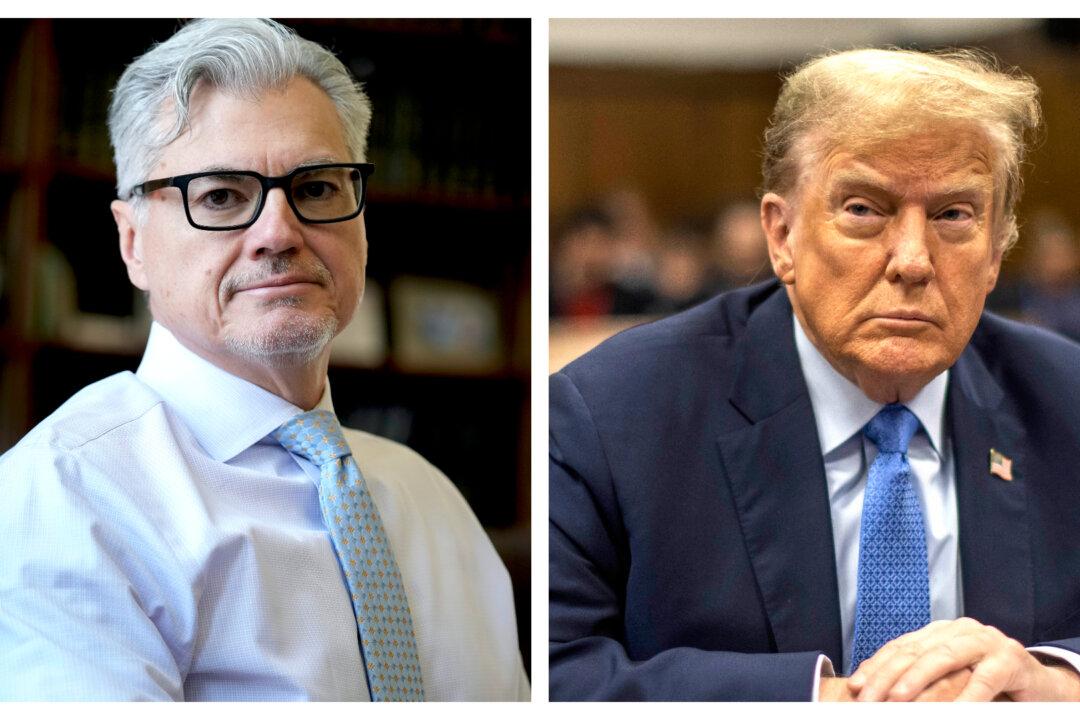New York Supreme Court Justice Juan Merchan on June 7 alerted counsel for former President Donald Trump and the Manhattan District Attorney of a potential juror confidentiality breach.
“Today, the Court became aware of a comment that was posted on the Unified Court System’s public Facebook page and which I now bring to your attention,” Justice Merchan wrote in a letter.





